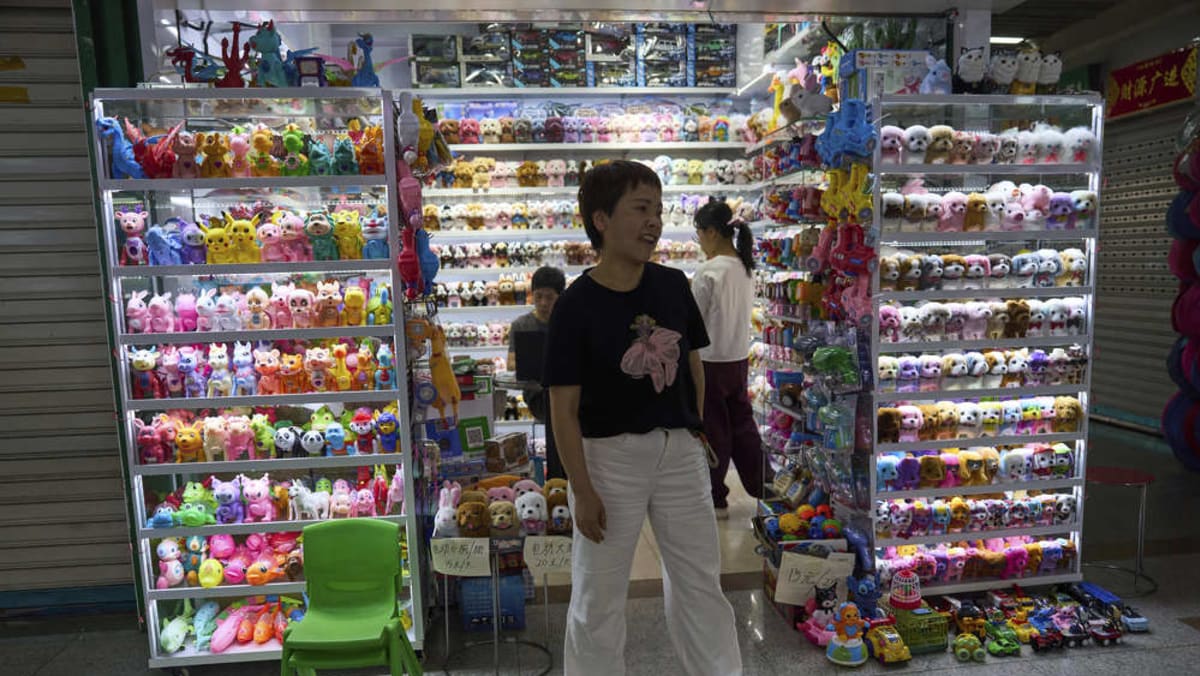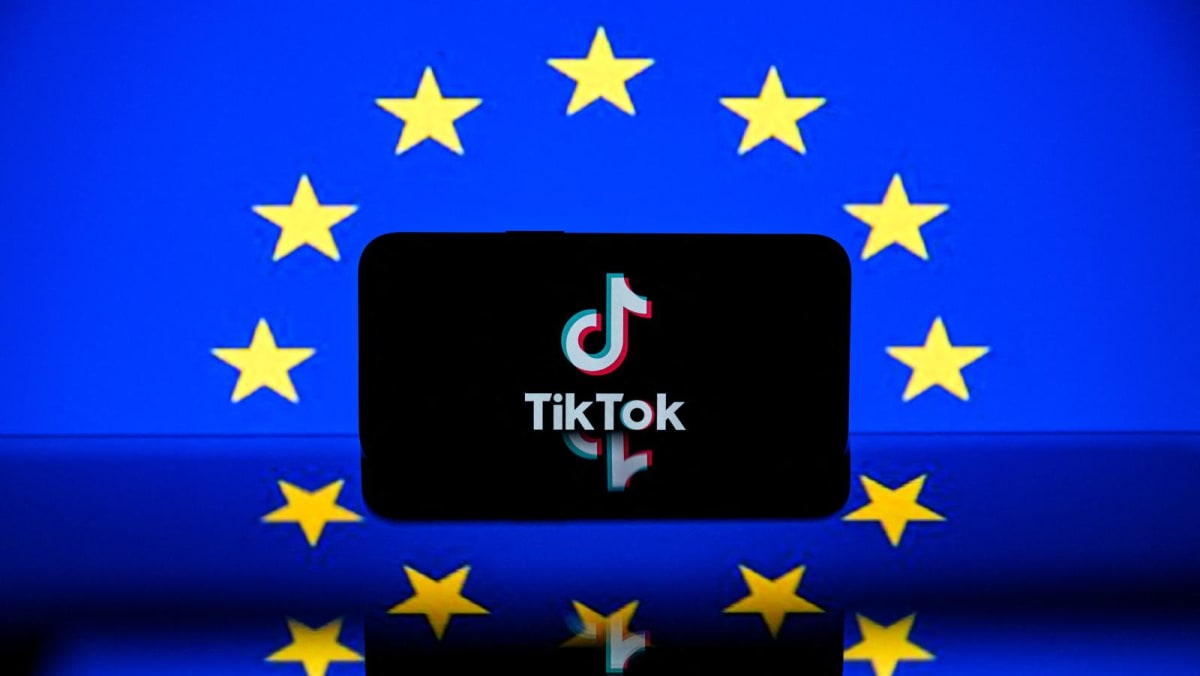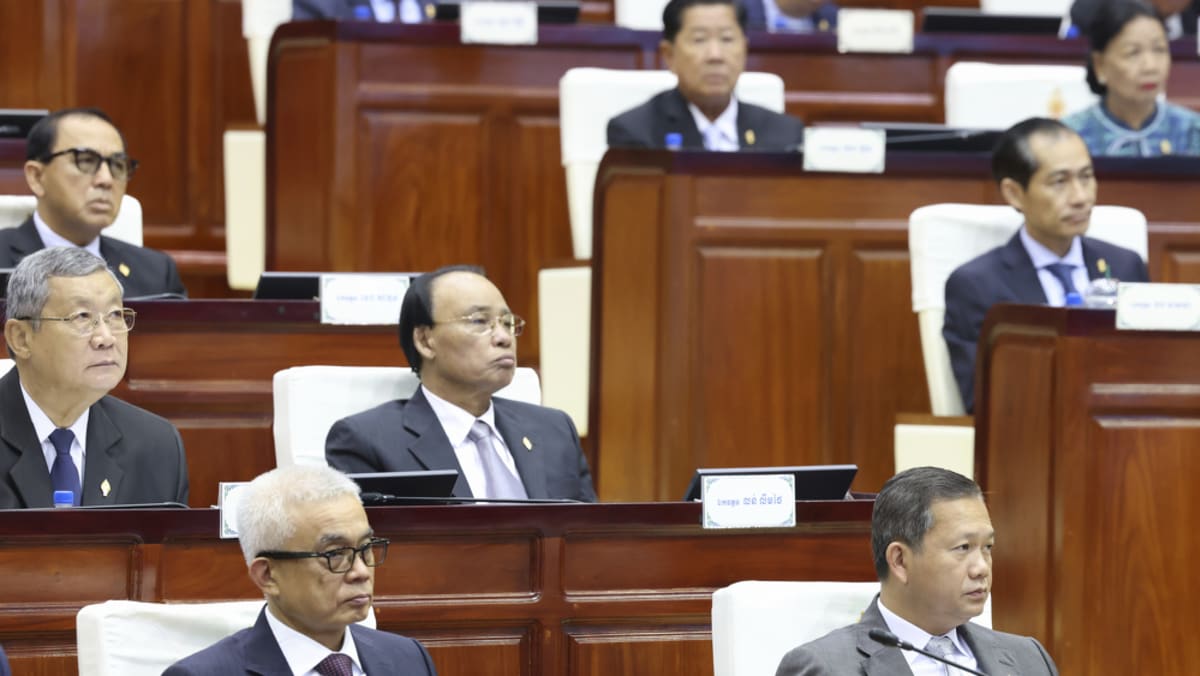Outside of the challenge, parents can encourage their child to build sharing behaviours.
Researchers have found that children are more likely to share following a structured interaction with a parent, which suggests that parents encourage and remind children to share. Reminding children to share with one another (sharing toys, taking turns, etc.) can help promote prosocial behaviours over the long term.
ARE ONLY CHILDREN LESS LIKELY TO SHARE?
Some TikTok commenters joke that children who do not share must be only children.
Researchers from China found that three- to four-year-old only children shared fewer stickers than children with siblings did. However, when the researchers followed up with the same children a year later, there were no differences in how much only children shared compared to kids with siblings.
Children with siblings may have more opportunities to practise sharing from an earlier age. However, only children can have other experiences that promote prosocial sharing behaviour, such as playing with friends or cousins.
Having siblings is just one factor out of many that shape children’s early environments and influence their sharing behaviour. When one of this article’s authors, Rebecca Merkley, tried the challenge with her only child, she shared without hesitation.
If you’re curious about whether your child would share with you, try the cookie challenge and see what they do.
The writers are from Carleton University. Rebecca Merkley is assistant professor at the department of cognitive science and Liza Kahwaji is a masters student in psychology. This commentary first appeared on The Conversation.













